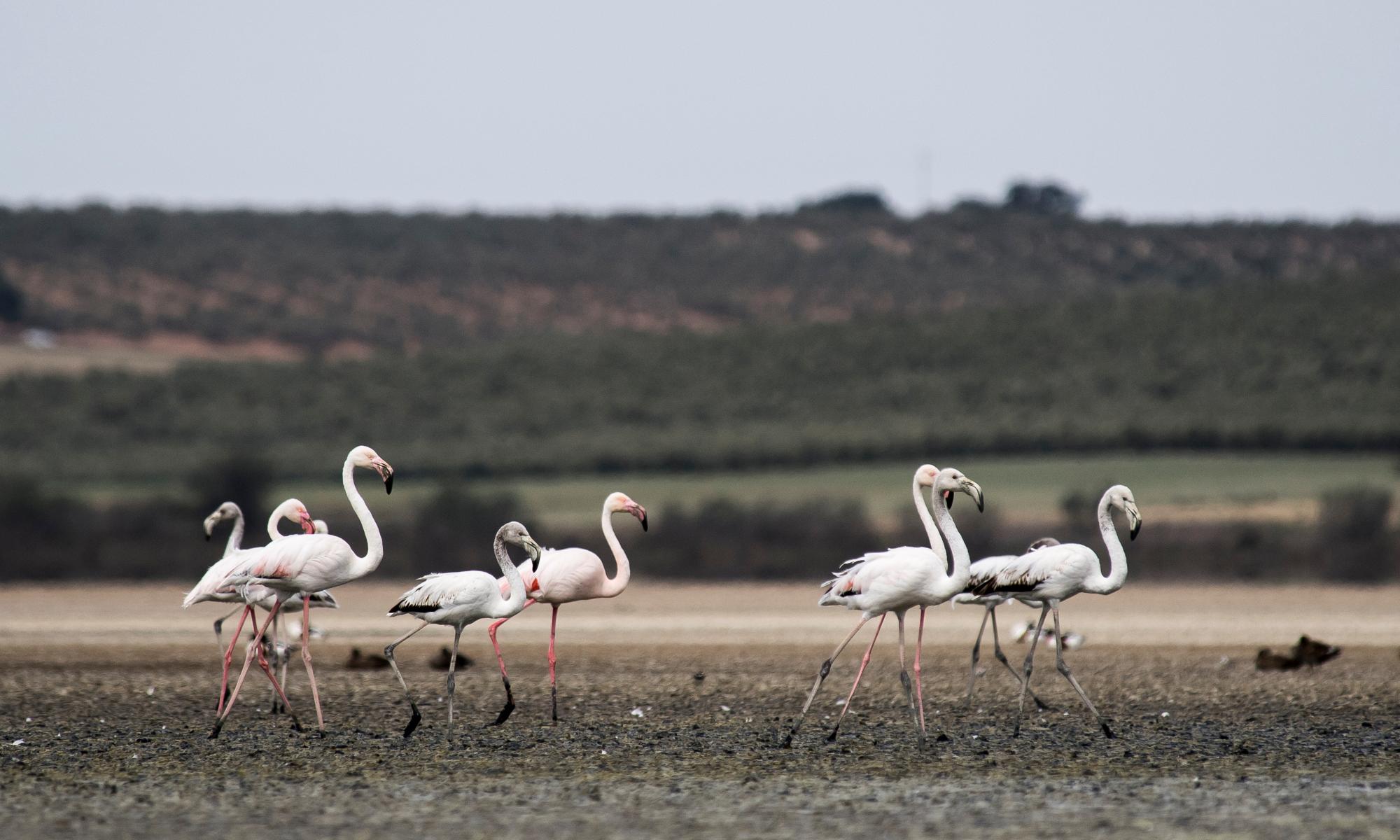The looming cranes of the Humber’s four ports are surrounded by wildlife, from bitterns and marsh harriers to grey seals, lounging on the mudflats and hunting for fish in the estuary waters. Despite the steady flow of cargo ships in and out of the ports, wildlife has thrived – testament to the success of decades of environment policies, according to green groups.
Yet those groups are now increasingly alarmed that the government’s plans to turn ports like those in the Humber into free ports will have a “disastrous” effect on the seals and other wildlife across the UK.
Ministers are considering excluding free ports from rules protecting birds and wildlife habitats – protections which George Eustice, the environment secretary, has previously attacked as being “spirit-crushing” and pledged to scrap.
Andrew Dodd, head of casework for the RSPB, said: “Removing those protections would be disastrous for the wildlife in those areas and a massive backward step in the way the UK looks after its most important wildlife places. It would undo a lot of the positive work that the ports sector has done with major environmental organisations over the last 20 years.”
"html":"The free ports policy promotes deregulation and poses a serious and unnecessary threat to environmental protections","attribution":"Hatti Owens, lawyer"
Birds and habitats regulations derive from two EU directives which Eustice said during the referendum campaign “would go” in the event of Brexit. They are among rules that Boris Johnson has derided as “newt-counting delays” which hold up his Project Speed ambitions to “build, build, build”. The regulations enabled the creation of hundreds of special areas of conservation and special protection areas, which green groups say have delivered essential protections for Britain’s green spaces and wildlife such as the Humber estuary with its population of grey seals.
Tomorrow, Eustice will deliver a speech hosted by the Green Alliance when he is expected to outline how the government will reform planning.
More relaxed planning regulations are a key attraction for advocates of free ports, a proposal Rishi Sunak made before he became chancellor. Earlier this month he announced the creation of 10 free port zones which would allow tariff-free import and export.
So far, 21 seaport and airport operators have shown an interest in becoming free ports, and many of them are represented by members of Port Zones UK, an umbrella group led by the British Ports Association.
BPA chairman, Richard Ballantyne, sits on a government advisory panel on free ports whose members also include Nusrat Ghani, the maritime minister, two rightwing thinktanks and a Conservative mayor, but has no environmental representatives.
Environmental deregulation was a key proposal made in a Port Zones UK document submitted to the panel last year, before the government opened a formal consultation on what rules should govern free ports.
“Port Zones UK would like to … review the impact of the birds and habitats regulations,” the document said, adding the group’s other aim was to “ensure that environmental conservation area designations are excluded from seaport limits and boundaries to ensure that permitted development rights are not overridden by these designations.”
The RSPB is concerned that deregulation might enable a return to practices in the 1970s and 80s. Lappel Bank, a mudflat on the Medway river that was home to 1,700 birds from threatened species including the ringed plover, was concreted over to allow Medway Port Authority to create a cargo park for car exports.
Green campaigners believe that the Dibden Bay site of special scientific interest might be developed if Southampton becomes a free port.
Richard Benwell, chief executive of Wildlife and Countryside Link, said: “An outdated approach of deregulation and concrete would only pave the road to greater economic and environmental risk.”
The environment needs more investment, he said. “That means more newt-counting, bird-counting, bug-counting and habitat-mapping, not less. New data-driven approaches must work alongside strong planning laws. They cannot replace them.”
ClientEarth UK environment lawyer Hatti Owens said: “As it stands, the free ports policy promotes deregulation and poses a serious and unnecessary threat to environmental protections.”

She said the free ports advisory panel had urged that “streamlining” planning regulations should be a priority, “shorthand for a bonfire of environmental protections and completely at odds with the government’s commitments to a green economic recovery. George Eustice recently committed to the UK being a ‘global leader’ in protecting the environment for future generations. If the government is to keep this promise, environmental standards must not be sacrificed for a quick buck.”
Mark Simmonds, BPA’s head of policy, said he understood “the vigilance and even suspicion of environmental groups but we are not looking to rip up environmental regulation”.
He said the BPA’s proposals had developed since the Port Zones UK document was published. “The birds and habitats regs were not explicitly mentioned in our response to the free ports consultation last week.
“Our industry has a good record on the environment, from providing and maintaining flood defences and preventing coastal erosion to the management of protected sites within harbour boundaries.
“What we would like to see in the free ports package is terrestrial planning rules that match those enjoyed by others, such as airports.”
He said there were “eight or nine” different types of marine protection, and in 2018 only one proposal out of 118 was approved under the birds and habitats regulations.


